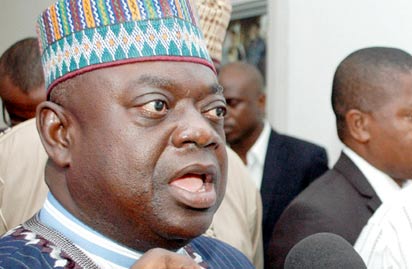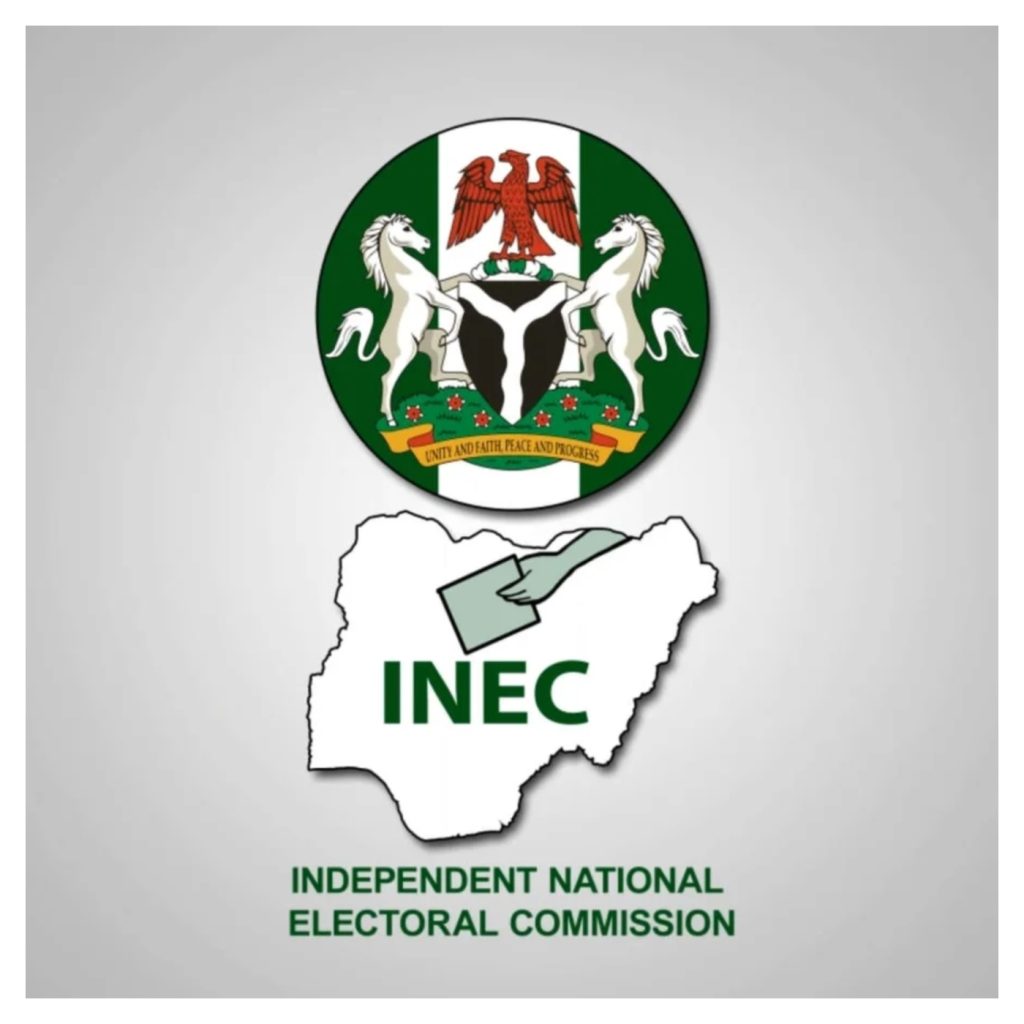Nigerian President Bola Tinubu has urged international financial institutions, including the World Bank, International Monetary Fund, and African Development Bank, to increase funding for climate action. This call to action was made during the 80th Session of the United Nations General Assembly in New York, where Tinubu was represented by Vice-President Kashim Shettima.
Tinubu emphasized that the climate crisis requires bold leadership and collective effort, stating that Nigeria aims to mobilize $20 to $25 billion in climate finance by 2030. This includes green bonds, blended finance, and public-private risk-sharing mechanisms. The president also called on global partners to provide concessional finance, share knowledge, and transfer technology to accelerate Nigeria’s transition to a more sustainable economy.
Nigeria has undertaken significant domestic reforms to mobilize resources, including simplifying tax laws, removing fossil fuel subsidies, and enhancing revenue efficiency. The country has also launched the Nigeria Carbon Market Activation Policy, which establishes a framework for high-integrity emissions reductions and positions Nigeria as a hub for carbon markets.
The president noted that no country can tackle the climate crisis alone and requires significant support from international financial institutions and developed countries. He emphasized that developed countries must honor their climate finance commitments, including the $100 billion annually pledged under the Paris Agreement.
Nigeria has updated its Nationally Determined Contributions, which reflects greater ambition and integrates mitigation and adaptation measures to safeguard the country’s people, protect ecosystems, and accelerate inclusive growth. The targets include significantly increasing mitigation and adaptation ambitions, lowering the deforestation rate by 60%, and pursuing a mitigation potential of 34.4 MtCO2eq by increasing forest area through reforestation and afforestation.
The president also highlighted Nigeria’s efforts to increase the adoption of cleaner energy systems, particularly in manufacturing and industries, and to electrify key sectors such as public transport and industry. Additionally, the country is scaling climate-smart agriculture, building resilient infrastructure, and restoring mangroves, forests, and wetlands to enhance carbon sinks.
Institutionally, Nigeria has established the National Council on Climate Change to ensure coherence, accountability, and measurable results. The president reaffirmed that climate action is not a trade-off between growth and sustainability but a pathway to sustainable growth, innovation, security, and shared prosperity. Nigeria is ready to work with all partners to lead and deliver on climate action, recognizing that the time for action is now.



